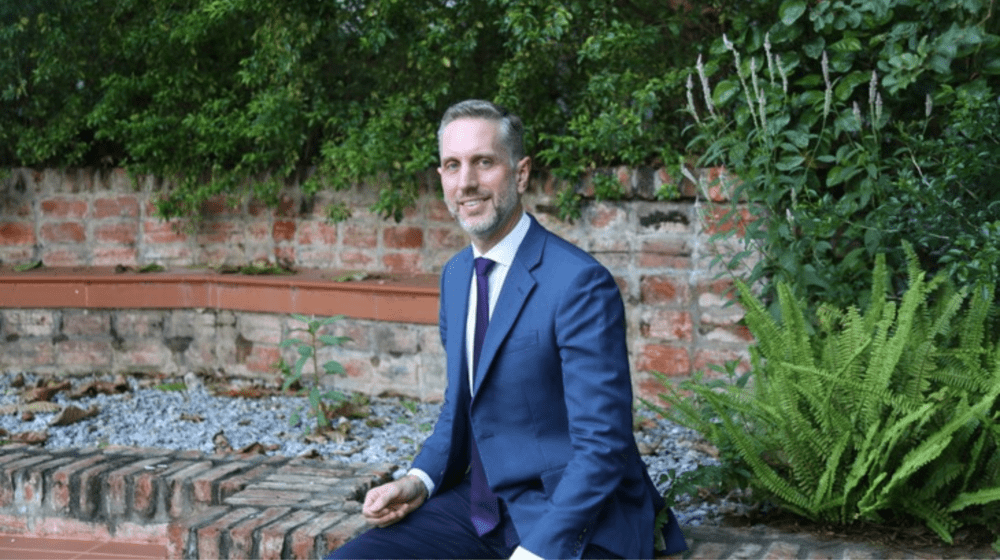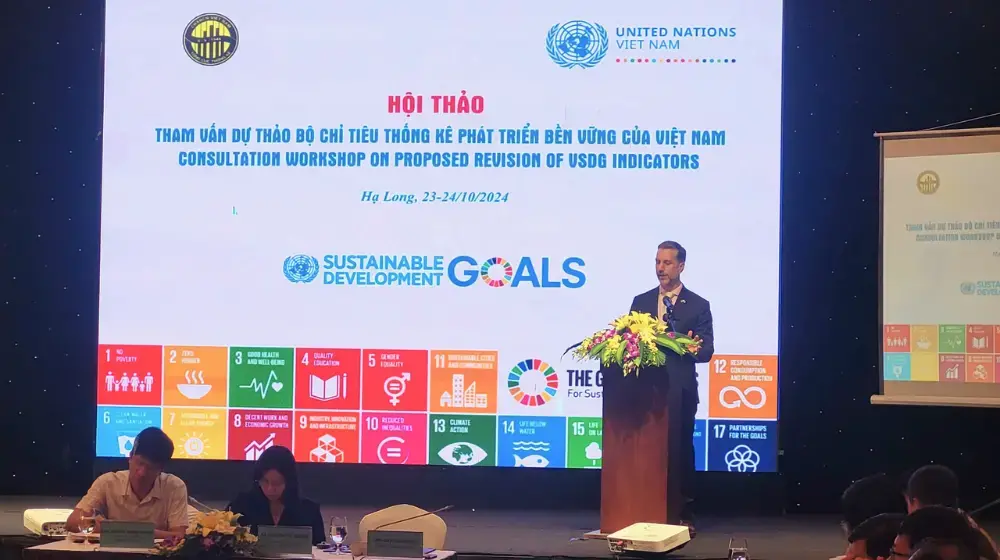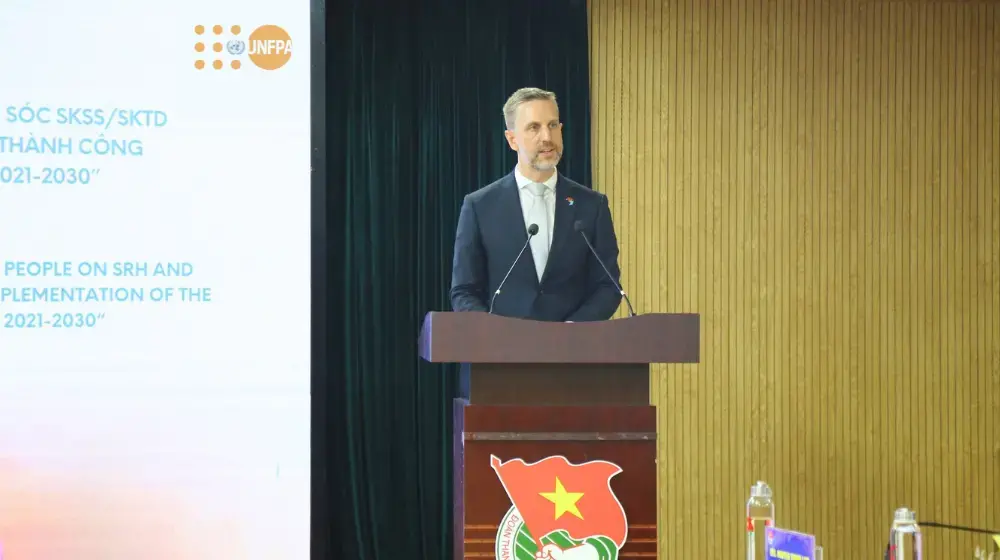Digital technology has become an indispensable part of life, especially for young people in Viet Nam. Digital transformation brings many opportunities for young people, helping them connect with the world and opening up many online learning options. However, in the digital environment, there are many potential risks and challenges. And one of those dangers is technology-facilitated gender-based violence. Digital violence is as harmful as violence in the real world and its consequences can last a long time. Therefore, according to Mr. Matt Jackson, Representative of UNFPA, the United Nations Population Fund in Viet Nam, young people need to learn carefully about the digital environment, educate themselves, identify potential risks, and know how to better protect themselves in that environment.
Reporter: As the UNFPA Viet Nam Representative, what do you think are the advantages and disadvantages of digitalization in sexual and reproductive health, gender equality, and youth empowerment?
Digitalization and technology advancements offer huge opportunities for young people in the field of sexual and reproductive health and also for gender equality. There are new apps that help people control their sexual and reproductive healthcare and help to manage their menstrual cycle and in another view, to provide opportunities for young people to engage with others and connect to communities around the country and the world.
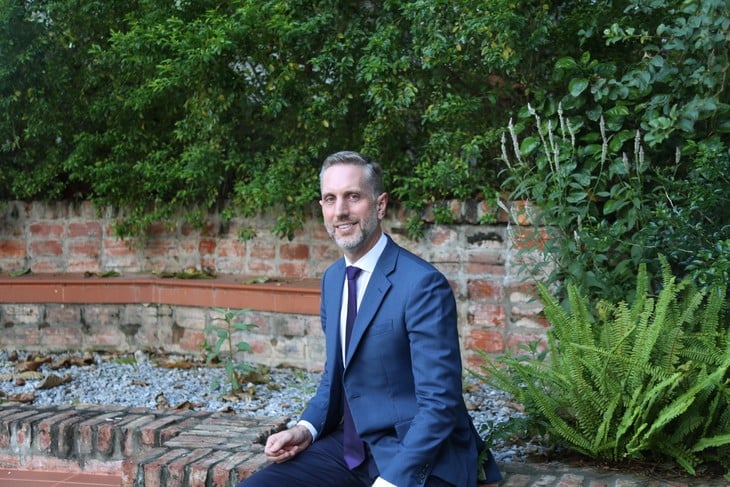
But we also know that with the increasing digitalization, there are increasing risks, particularly to young women and marginalized communities such as ethnic minorities and LGBTQI+ people. The risks include exposure to sexual abuse online and online harassment as well as other areas like doxxing or stalking that happen online as well. So it is important that as technology and digitalization advance, they are taking care of these risks and that we can protect people online. Think of digital violence as just as harmful as violence in the real world.
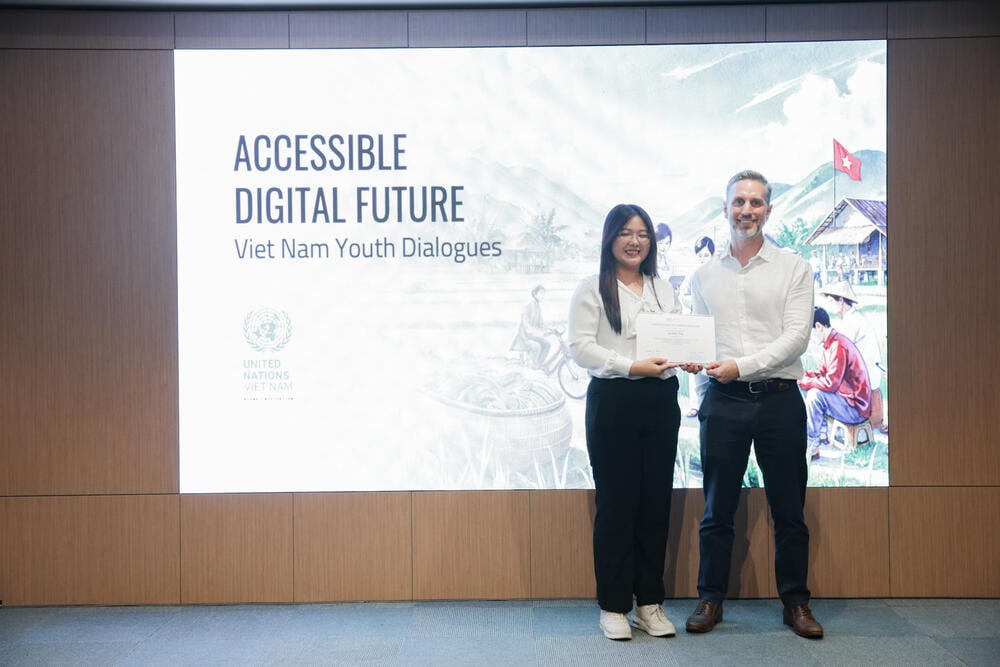
Reporter: So what is technology-facilitated gender-based violence? Which groups are the most vulnerable to technology-facilitated gender-based violence and why?
Technology-facilitated gender-based violence is just as harmful as physical violence in the real world. Different types of technology-facilitated gender-based violence include online stalking, and online harassment, which is where someone takes your personal details, and your addresses and shares them publicly online. There is also image abuse, deep-fake, and AI that are used to take your images and modify them or expose your image and your videos online. For example, for revenge purposes. There are many different types of online abuse and they could affect many people, but we know that particularly young women and minoritized groups are more exposed to these risks and the harms are important.
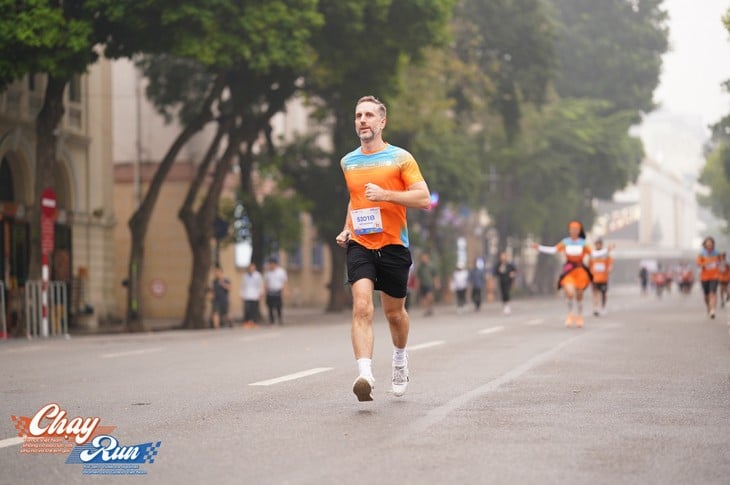
Reporter: What are the expected interventions and future vision of UNFPA in Viet Nam to tackle this emerging issue while ensuring that youth voices are included?
UNFPA is working hard with our partners, and the Government of Viet Nam to raise awareness on digital violence on Technology-facilitated gender-based violence. We’ve been working with Universities, organizing workshops and displays. We have a campaign in Viet Nam called “Mpower Her”, including panel discussions around International Women’s Day, and we have a global campaign called ‘bodyright’, which enables young people to demand that governments and technology companies take more control over, allow people to have more control over their body and images online, just as we see with music or literature. They all have something called ‘copyright’ for those items, but then we call this ‘bodyright’. The copyright for our bodies so that images are protected online just as much as poems or music.
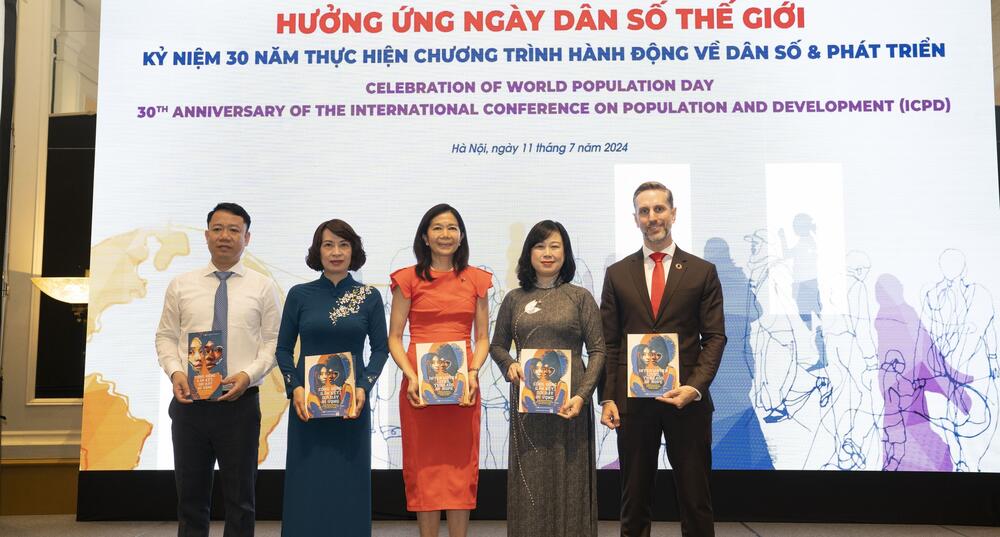
Reporter: It is known that UNFPA is currently implementing “16 Days of Activism against Gender-based Violence” and “Bodyright - Own your body online” campaigns. Could you please reveal how those campaigns have contributed to the fight against technology-facilitated gender-based violence in Viet Nam?
There are different events and other materials that we produced online that include video scenarios. They enable young people to review and view these videos and think about what they would do in these situations. In these scenarios, we have the video to ask people to think about what advice would give to their friend, or he/she/they were in that scenario. So all of this allows people to think about this issue and be more aware of how they could protect themselves online. That is a very important point. But also how to protect others, including their friends.
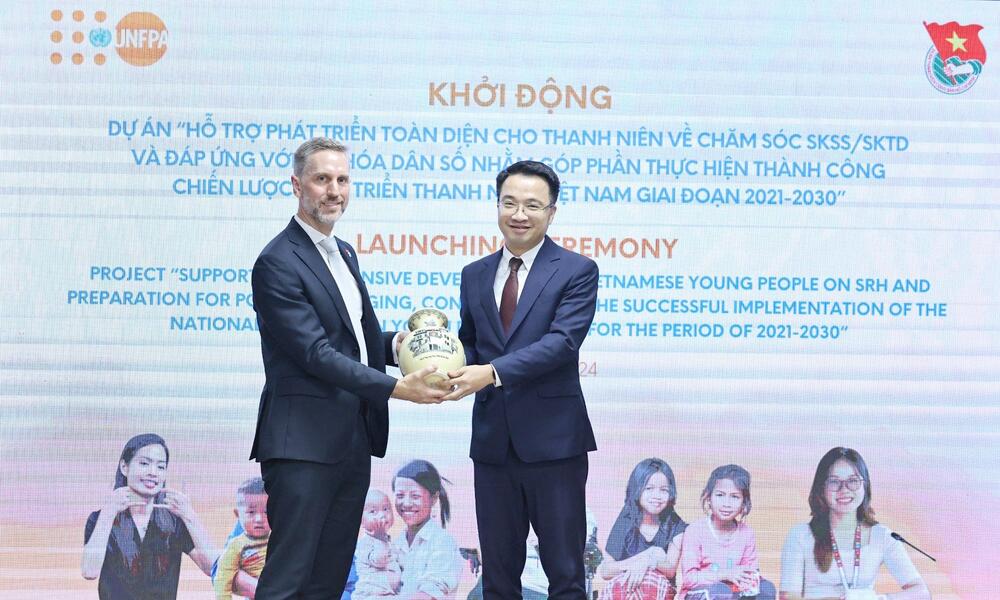
Reporter: What are your reflections about Vietnam President To Lam attending the UN General Assembly session and what do you think are the main challenges of the population agenda?
It's great that Viet Nam is playing such a big role in the UN General Assembly this week, we are very pleased to hear that, specifically on the population agenda. We know there are huge opportunities that Viet Nam is facing at the moment, particularly the rapidly increasing ageing population, I mean more people than in the labor market. But it is also important to make sure that the policies are prepared for that rapidly ageing population, and that we have a healthcare and care economy prepared to support older people and really focus on their needs.
Reporter: Thank you so much for attending this interview.

